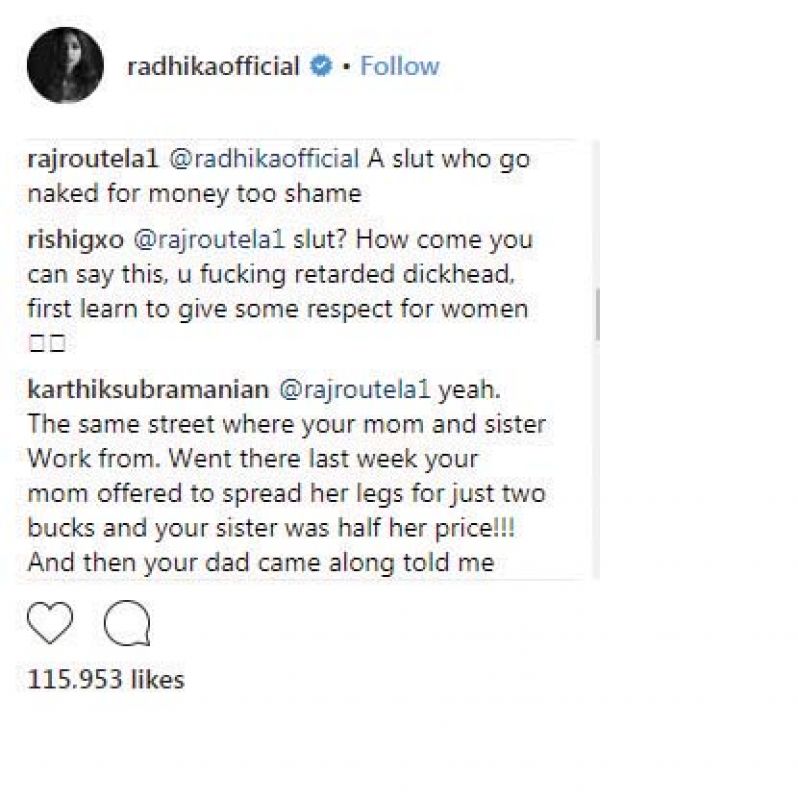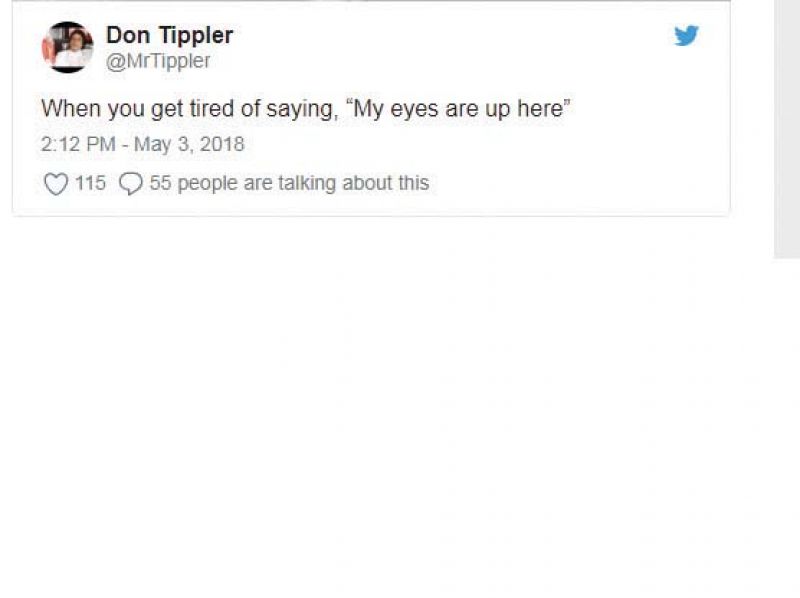Web of Patriarchy
As social media is providing space for debates, the female voices are often suppressed by the sexist and obscene comments by trollers.

It’s always pleasing to see people liking your social media updates and making nice comments, but when these followers become nasty and behave irresponsibly, that’s when you realise the catastrophe of being on social media platforms.
As commoners, we might not face this often but sadly, most of the trolling, shaming and bullying is aimed at women celebrities. And the misogynistic nature of online trolling of women, involving personal, derogatory comments, raises the question if offenders are morally sound and are conscious while posting obscene replies.

Recently online harassment touched a new low when a Twitter user threatened to rape Congress leader Priyanka Chaturvedi’s 10-year-old daughter over a fake quote. This certainly seems to be a synchronised attack on women, as trolls find virality of content to be the easiest way to threaten women with physical abuse. Moreover, when trolls body-shame an actress or a sportswoman, they ignore all their achievements and contributions reducing them to their gender.

Not only this, the shameful attacks on actor Swara Bhasker highlighted the load of superfluous scrutiny. Swara was trolled for her masturbation scene in Veere Di Wedding, calling her a prostitute. And later, for her white Atelier Zuhra dress, where she was compared to the famous Nirma girl from the washing powder advertisement. Similarly, Indian women cricket team’s captain, Mithali Raj, was also trolled for her selfie in a casual spaghetti top. The 35-year-old was trolled for ‘inappropriate dressing’ and was compared to a porn star for exposing her “mammary glands”. This is not it, in past Priyanka Chopra, Sonam Kapoor Ahuja, Fatima Sana Shaikh, Radhika Apte and Sania Mirza have also seen the dark side of social media.
Apprehension
According to actress Tannishtha Chatterjee, it is all about the mindset of men and the way they see women. “I think trolling on the Internet shows what they think about women which is deeply engraved in them. They write anything online and think that they can get away with it. This is very violent and has to be stopped. We say that (our) society has become modern and we have changed, but not the way we look at women,” she rues. Author Kiran Manral also believes that women’s bodies are an easy target for demeaning them and women have always been a proxy of men.
“I think trolling women online is easier because of the long held belief that women’s fragile body is about shaming them. Male ego is so dominating that they think women are just a sweeping tool, but women are much more than that and they should be free from the patriarchal net,” Kiran says, adding, “It is not just body shaming but man’s entitlement to a woman, and they think that they can say anything online and can get away with it.”
Author and social thinker, Shiv Visvanathan is of an opinion that ethics and morality are missing online. “Women seem to be an easy target for these trollers because of digital non-morality. This all looks collective in one sense because they think by shaming powerful women online, they are becoming controlling and powerful as opposed to being vulnerable, but this is negative and a myth,” asserts Shiv.
Counsel of the mind
While traditional ethics of dos and don’ts don’t seem to be held effectively by the digital users, the online space appears more like an anarchic world. According to Kiran, this is a worrying wake up call for women. She says, “There is no sacred place for women to speak up. Women and female children are open game and we really need to see where we are heading in the society. There is no fear, so rapes are taking place; and that similar mentality is getting onto the Internet. There should be strict actions taken on these trollers and that’s how we can set an example for other sick minded people.”
For Shiv, there is a stronger need of educating the social media users. “How can we think that someone who is using Internet is educated, it is a myth to me. Because education means understanding the rules of the game and I don’t think they do. This is not just at textological domain it’s a social domain, with rules and ethics. And the damage of the one victimised is not understood properly,” says Shiv.
Contrary to that, Tanishtha maintains that ignoring trolls is the best way to let the situation die its natural death. “The moment we answer to these mobs and get into debates, that gives the troll a bigger reach. We should ignore them, and that doesn’t mean it doesn’t affect. But you have to condemn it to end this completely,” suggests the actress.
Atrocities against women; growing violence against minors; and this kind of trolling, are unacceptable. In a democracy where freedom of speech is upheld, a direct action is bound to happen.
